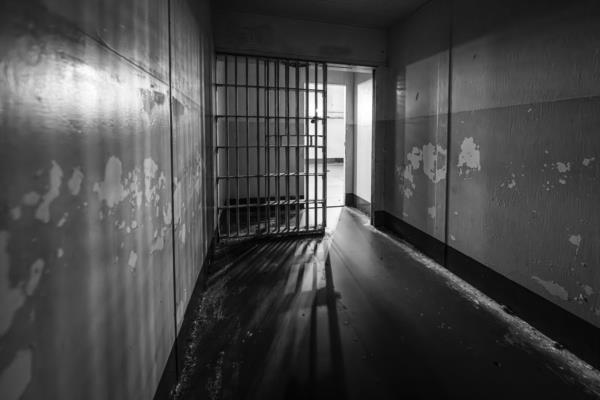
Lawmakers in Louisiana are considering a significant amendment to the state constitution that would bring about substantial changes to penalties for juvenile offenders. Senate Bill 2, which recently passed in the Senate with a 28-9 vote, has now been forwarded to the House of Representatives for further deliberation. If approved by the state legislature, the bill would eliminate existing restrictions on sentencing juvenile offenders and permit their placement in adult jails for less severe offenses such as theft.
Currently, Louisiana law allows juveniles to be tried as adults for a limited number of violent crimes, including murder, manslaughter, attempted murder, rape, and armed robbery. The proposed amendment seeks to expand these provisions, potentially impacting how juvenile offenders are prosecuted and sentenced in the state.
House Speaker Pro Tempore Mike Johnson emphasized the urgency of addressing juvenile justice issues, stating, 'We feel like the juvenile issue is one of utmost importance, and there’s just no reason to delay it.' Several district attorneys, including Phillip Terrell, Hillar Moore, Tony Clayton, Billy Joe Harrington, Brad Burget, Perry Nicosia, and Christine Russell, were present during discussions on the bill, with some offering testimony in support of the proposed changes.



If the amendment is passed by the state legislature, it will require statewide voter approval to be added to the state constitution. Proponents of the bill argue that it will enhance public safety and provide law enforcement officials and the judiciary with additional tools to address juvenile crime effectively.
A Facebook post by the Rapides Parish District Attorney's Office highlighted the potential benefits of the bill, stating, 'The bill will assist District Attorneys, judges, and law enforcement in combating juvenile crime. LDAA leadership and a number of district attorneys appeared in committee support.' However, critics of the proposed amendment contend that it is overly broad and place the responsibility on society to invest in the rehabilitation and support of young individuals rather than resorting to increased incarceration.







